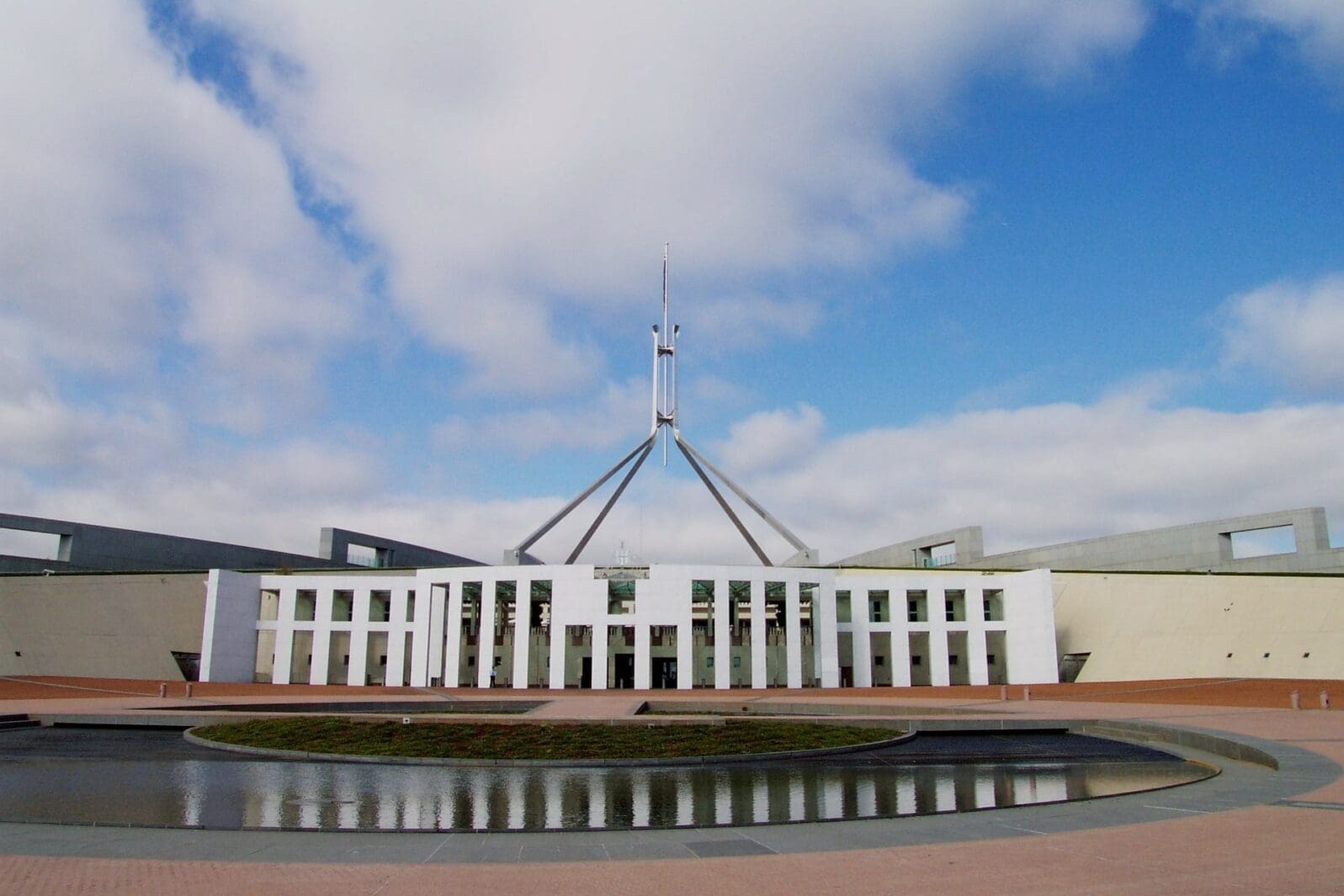The Academy has completed an analysis of the May 2023-24 Federal Budget, considering highlights and priority areas for health and medical research.
As expected, easing the cost of living pressures is a major focus of the 2023-24 Budget. In health, the narrative focuses on making it easier for Australians to get the care they need when and where they need it; supporting growth of the health and aged care workforce with more doctors, nurses, allied health workers and higher pay for aged care workers; and delivering cheaper medicines and more affordable care for the community.
New investments in health target aged care, mental health, smoking and vaping, health protection/preventive measures, and improving access and equity in healthcare. There is an additional $90.9 million to establish the Australian Centre for Disease Control. $363.1 million is committed over 4 years from 2023–24 to help close the gap in Aboriginal and Torres Strait Islander peoples’ health and wellbeing outcomes, and improve outcomes in aged care. Elsewhere, investments seek to increase local capacity and capability in quantum and artificial intelligence.
Annual funding for research through NHMRC has increased slightly compared to previous estimates due to indexation, but remains below inflation. Although research funding through ARC drops slightly in 2022-23 and 2023-24 compared to previous estates, annual funding increases are more in line with inflation. MRFF funding for research remains capped at $650 million per year.
“We note the Federal Government’s priority to address cost of living pressures in this Budget and welcome measures that target health inequities by providing better access to healthcare, for instance through investments in Medicare, bulk billing, mental health, aged care and Aboriginal and Torres Strait Islander health and wellbeing.
“We recognise the Government’s continued support of health and medical sciences through schemes such as the National Health and Medical Research Council and Medical Research Future Fund. Funding for research and innovation is vital to improving healthcare, although we are concerned that the NHMRC research budget continues to drop in real terms. Research is the beginning of a pipeline that ultimately leads to better patient outcomes: research findings inform best practice, contribute to new treatments and therapies, and lead to cost-saving innovations. Additional investment to better embed research and innovation in the health system would further drive efficiencies and in the long-term would help bring about the health benefits Government is seeking."

